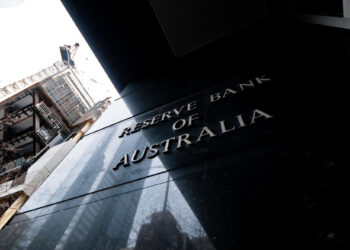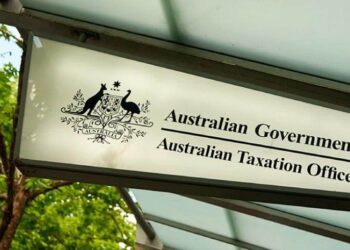BT Super for Life has combined a new superannuation search with its online application form to allow new members to find and consolidate their old super accounts.
New Super for Life applications will include consent to allow the fund to conduct a lost super search. BT would then request a lost super search from the Australian Taxation Office (ATO) and identify accounts belonging to the new member, before completing the paperwork and returning it to the applicant to sign.
BT general manager of superannuation Deanne Stewart said Australians had an average 2.4 superannuation accounts, each with $17 billion sitting in lost super accounts.
She said Australians with more than one account could pay tens of thousands in unnecessary fees.
Its online search tool would make it easier for Australians who had put off finding their unused super accounts because of complicated paperwork or because they did not know where it was.
She said BT Super for Life's new service would cut down the time to find old super accounts to just a couple of minutes.
The development builds on BT Super for Life's history of simplifying superannuation, according to Stewart.
"We were the first to integrate superannuation into online banking so that customers can see their superannuation balance alongside their other savings and accounts," she said.
"Now we've added to this by making finding and combining super much easier."




